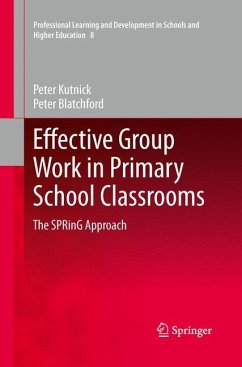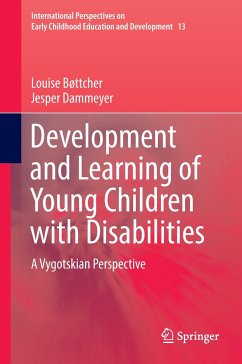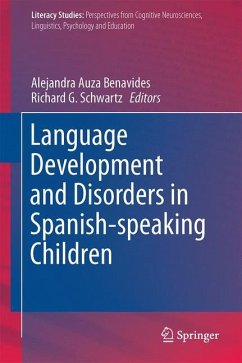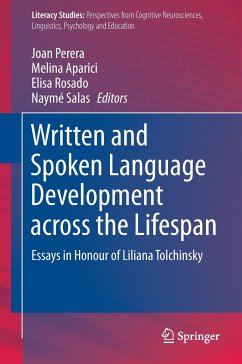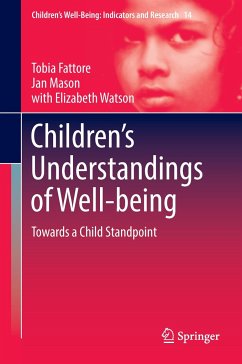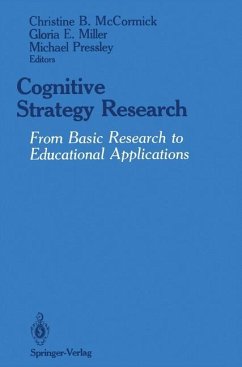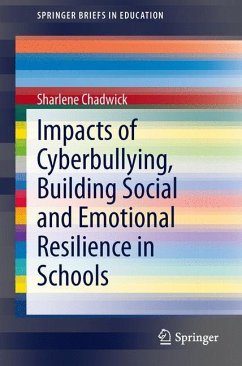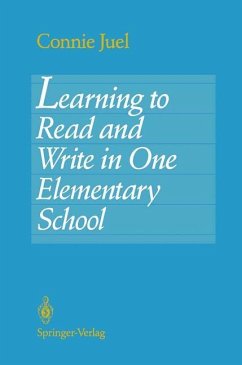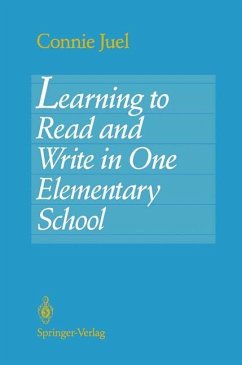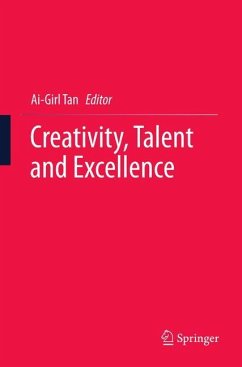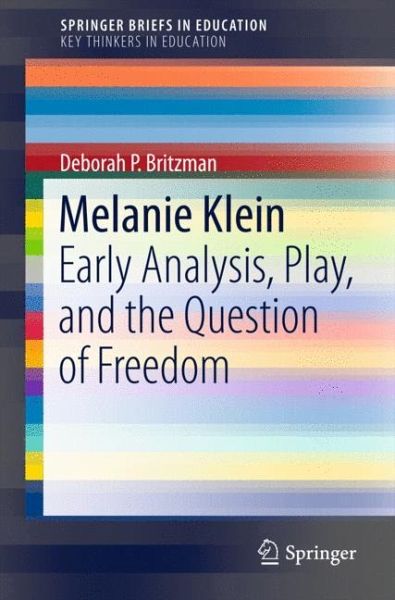
Melanie Klein
Early Analysis, Play, and the Question of Freedom

PAYBACK Punkte
19 °P sammeln!
This volume introduces the psychoanalyst Melanie Klein to the general field of education and traces her theories of mental life as an emotional situation, through to problems of self/other relations in our own time. The case is made for Klein's relevance and the difficulties her theories pose to the activities of learning and pedagogical relation. Klein's vocabulary-the paranoid/schizoid and depressive positions, phantasy, object relations, projective identification, anxiety, envy, and the urge for reparation and gratitude- are discussed in terms of their evolution and the designs of her main ...
This volume introduces the psychoanalyst Melanie Klein to the general field of education and traces her theories of mental life as an emotional situation, through to problems of self/other relations in our own time. The case is made for Klein's relevance and the difficulties her theories pose to the activities of learning and pedagogical relation. Klein's vocabulary-the paranoid/schizoid and depressive positions, phantasy, object relations, projective identification, anxiety, envy, and the urge for reparation and gratitude- are discussed in terms of their evolution and the designs of her main questions, all stemming from the problem of inhibition. Her contribution to an understanding of symbolization and the shift from concrete thinking to greater freedom of mind is analyzed. The essay develops the following questions: why is learning an emotional situation? How did Klein's life and larger history influence her views? What are her central theories of mental life? Why did Klein focus on anxiety and phantasies as making up the life of the mind? What is object relations theory? And, what does Klein's model of the self proffer to contemporary education in schools and in universities?





